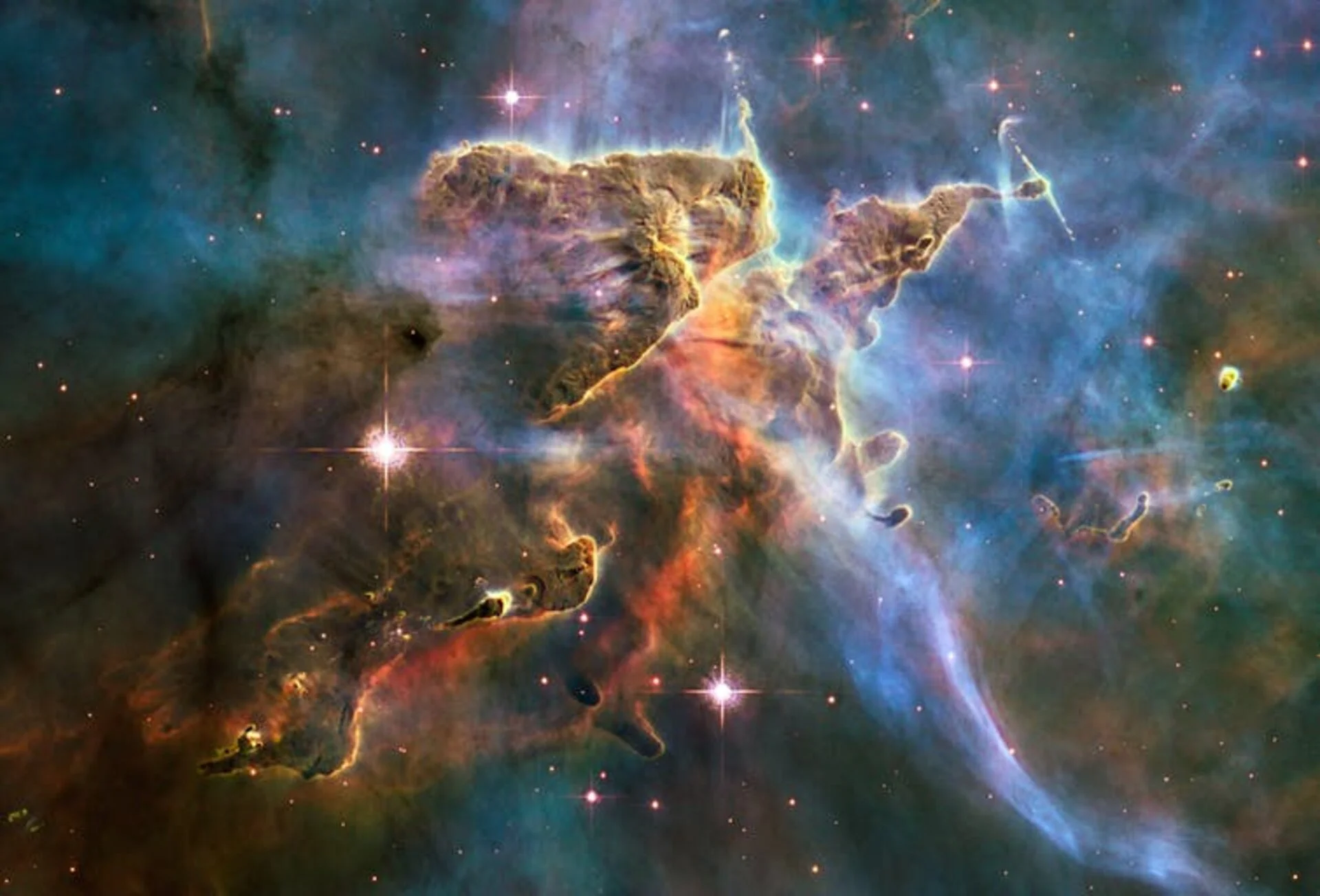The James Webb Space Telescope’s first photographs have given us a greater understanding of space than ever before.
On July 12, 2022, the telescope’s photographs of the Carina Nebula showed previously hidden stellar nurseries and stars.
Images from the $10 billion telescope have provided humanity with the most comprehensive glimpse into the cosmos to far.
The Carina Nebula, though, what is it? Here, we explain.
What is the Carina Nebula?
The Milky Way’s Carina-Sagittarius Arm contains the constellation Carina and the region where some of the galaxy’s biggest and brightest stars are born.
The Eta Carinae, a huge star that is thought to be 100 times larger than the Sun and almost four million times more bright, is one of them.
Trumpler 14 and Trumpler 16 are found in the expansive Carina OB1 association, which is part of the nebula.
With a half-million-year age, Trumpler 14 is one of the newest star clusters ever discovered.
Numerous O-type stars and a few of Wolf-Rayet stars can also be found in the Carina Nebula.
The Webb Space Telescope’s infrared sensors are able to see through cosmic dust and reveal new regions where stars are forming, whereas the telescope’s predecessor, the Hubble Space Telescope, had already given us a first peek into the nebula.
What happens in the Carina Nebula?
The Carina Nebula is where dozens of stars are born and die.
With Webb, scientists hope to glimpse light from the first stars and galaxies that formed 13.7 billion years ago, just 100 million years from the universe-creating Big Bang.
The telescope also will scan the atmospheres of alien worlds for possible signs of life.
How far is the Carina Nebula from Earth?
The Carina nebula is approximately 7,600 light-years away from Earth.








